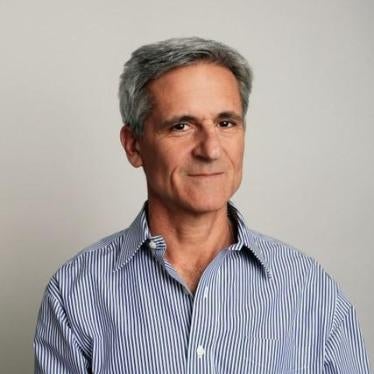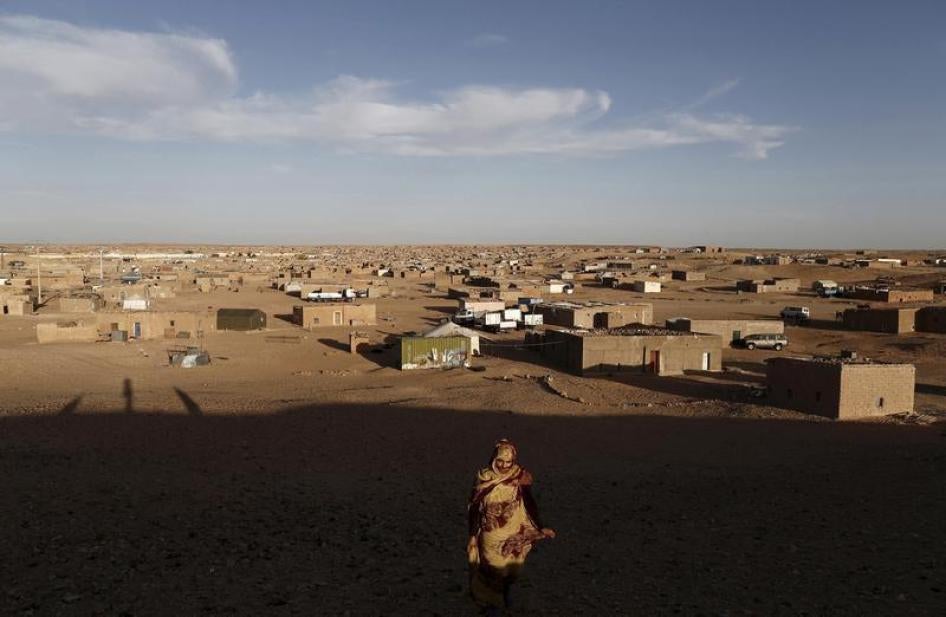In his final year in office, Ban Ki-moon has inspired a virulent street protest against a United Nations secretary general, over a long-running conflict unknown to many people.
On March 5, Ban visited the camps near Tindouf, Algeria, that house some 100,000 Sahrawi refugees. In the mid-1970s, they, or their parents, fled neighboring Western Sahara, a former Spanish colony larger than the United Kingdom, when Morocco seized control of it after Spain withdrew. Negotiations between Morocco and the Polisario Front, the Western Sahara liberation movement, have gone nowhere, as the Polisario demands a referendum on self-determination while Morocco offers autonomy under its own rule.
At a news conference the next day, Ban referred to Morocco’s “occupation” of Western Sahara, a term that the United Nations Security Council avoids, apparently for political reasons, even though in 1975 the International Court of Justice rejected Morocco’s claim of sovereignty, and no country has since recognized that sovereignty de jure.
Morocco’s protests were fast and furious, peaking in a mega-demonstration on March 13 in Rabat. Ban expressed “deep disappointment and anger regarding the demonstration that was mobilized” against him, criticizing the demonstrators “and their sponsors.” Morocco announced it would end its financial contribution to the UN peacekeeping mission, MINURSO, in Western Sahara and demanded the prompt departure of MINURSO’s 84 international civilian staff members.
Almost alone among modern UN peacekeeping missions, MINURSO has no human rights monitoring mandate because Morocco refuses it, and has allies who reliably block it when the Security Council votes each year to renew MINURSO. In 2015, Morocco further limited scrutiny by banning Human Rights Watch and Amnesty International from Morocco and Western Sahara, although there are hints it may end this ban.
The secretary-general’s reference to occupation directed attention to a 40-year-old conflict and the human rights violations that stem from it. Morocco suppresses even peaceful pro-self-determination demonstrations in Western Sahara; it has imprisoned numerous Sahrawi activists after unfair trials – convicting them on confessions allegedly tortured out of them. Meanwhile, the Polisario Front administers the isolated refugee camps in Algeria with little outside scrutiny and continuing human rights problems.
Next month the Security Council votes on renewing MINURSO’s mandate, and this time it should insist on regular, independent monitoring and public reporting on human rights conditions in the refugee camps and in Western Sahara, whether as part of MINURSO or otherwise. Better human rights conditions can only help to resolve this conflict.









